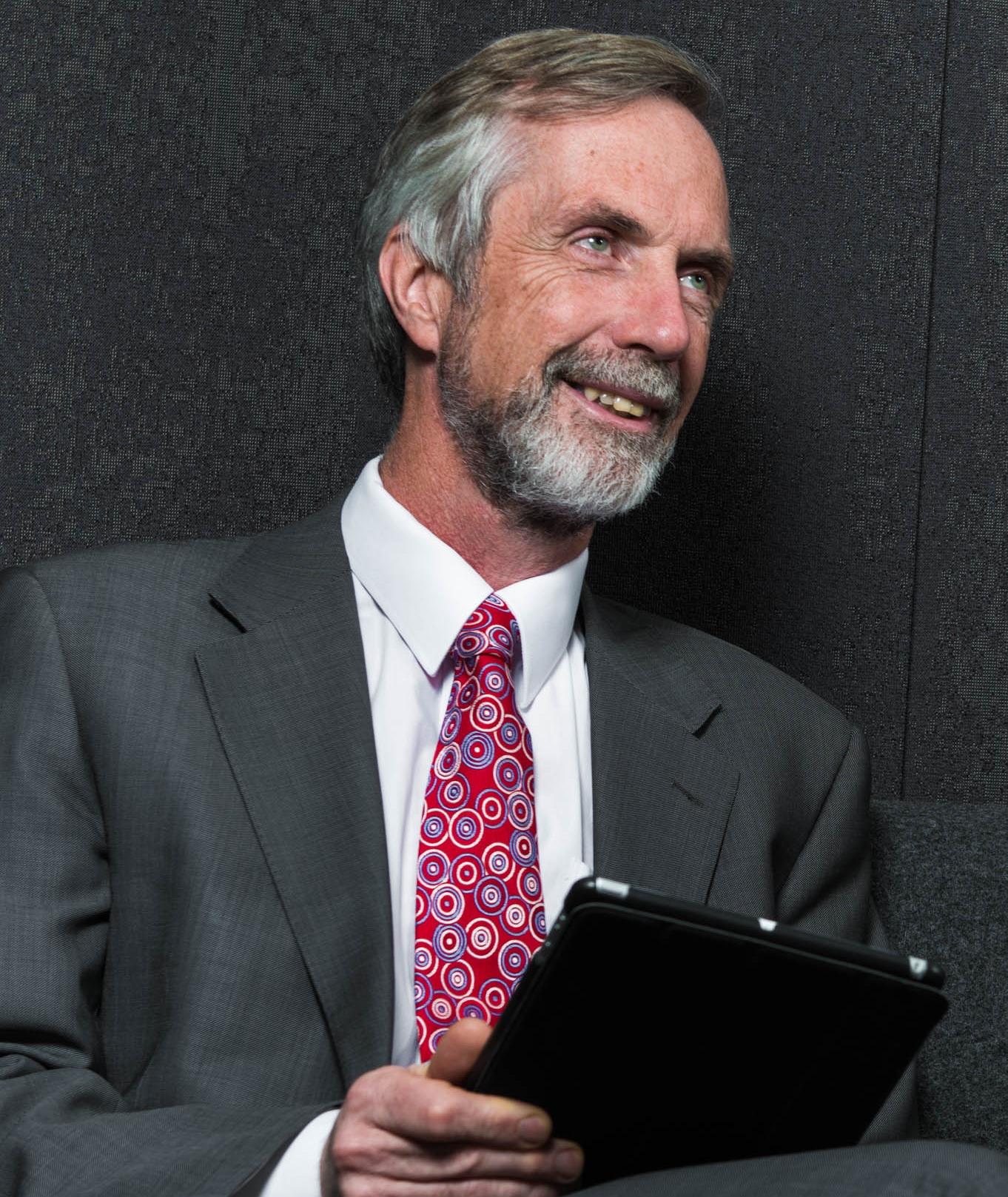
Submitted by Samantha Archetti on Thu, 14/05/2015 - 15:44
The work of CSIC is taking place at a particularly significant point in Britain’s development. It is widely acknowledged by government, industry and society that considerable and continuing investment in infrastructure, in all its forms, is essential for our nation to prosper.
In order to create new and effective infrastructure we must first identify and understand the changing needs of a modern growing country, including new commercial, housing, transport and services construction throughout our major cities. This is incredibly challenging; England is the most densely populated country in the European Union, with precious countryside between our urban centres.
CSIC’s output presents opportunities to make major improvements in how we create new infrastructure.
CSIC works closely with Industry Partners to develop technologies and tools to solve industry challenges, offering new approaches to construction based on precise, site-specific instrumentation and measurement, rather than generalised, conservative standards and assumptions.
World-beating advantages
Adopting smarter methods brings the prospect of improving the efficiency of the construction process through real-time monitoring of condition as construction proceeds, and providing the automated assurance of design and construction without difficult and disruptive testing.
The early implementation of the techniques and tools developed within the CSIC programme offers world-beating advantages to major transport programmes, including HS2 and new water, energy, sewerage and construction projects.
The ability to tailor design and construction precisely to specific ground conditions will lead to savings of cost and resources. Importantly, it will allow work to be completed more efficiently and with greater certainty, which means those communities neighbouring construction works should see less disruption over a shorter period of time.
Continued assurance
Subsequently, the asset owners will have a continuing assurance of performance ensuring only the right maintenance is scheduled at the right time, giving continuing whole-life benefits both for operating cost and maintenance.
CSIC’s academic work has always been grounded in a close cooperation with the construction industry – practitioners and
asset owners alike. As a result this work has remained firmly focussed on real needs. Together, CSIC and the industry
have the opportunity to export this new know-how internationally.
Put simply, the work of CSIC enables 21st century infrastructure to be planned, constructed and operated using 21st century techniques. I can speak for the industry in being proud of what CSIC has achieved so far, and look forward to continuing breakthroughs to put this country ahead of the world.
This article was written by Professor Andrew McNaughton, Technical Director High Speed Two (HS2) Ltd and member of the CSIC Steering Group for the CSIC Annual Review.
